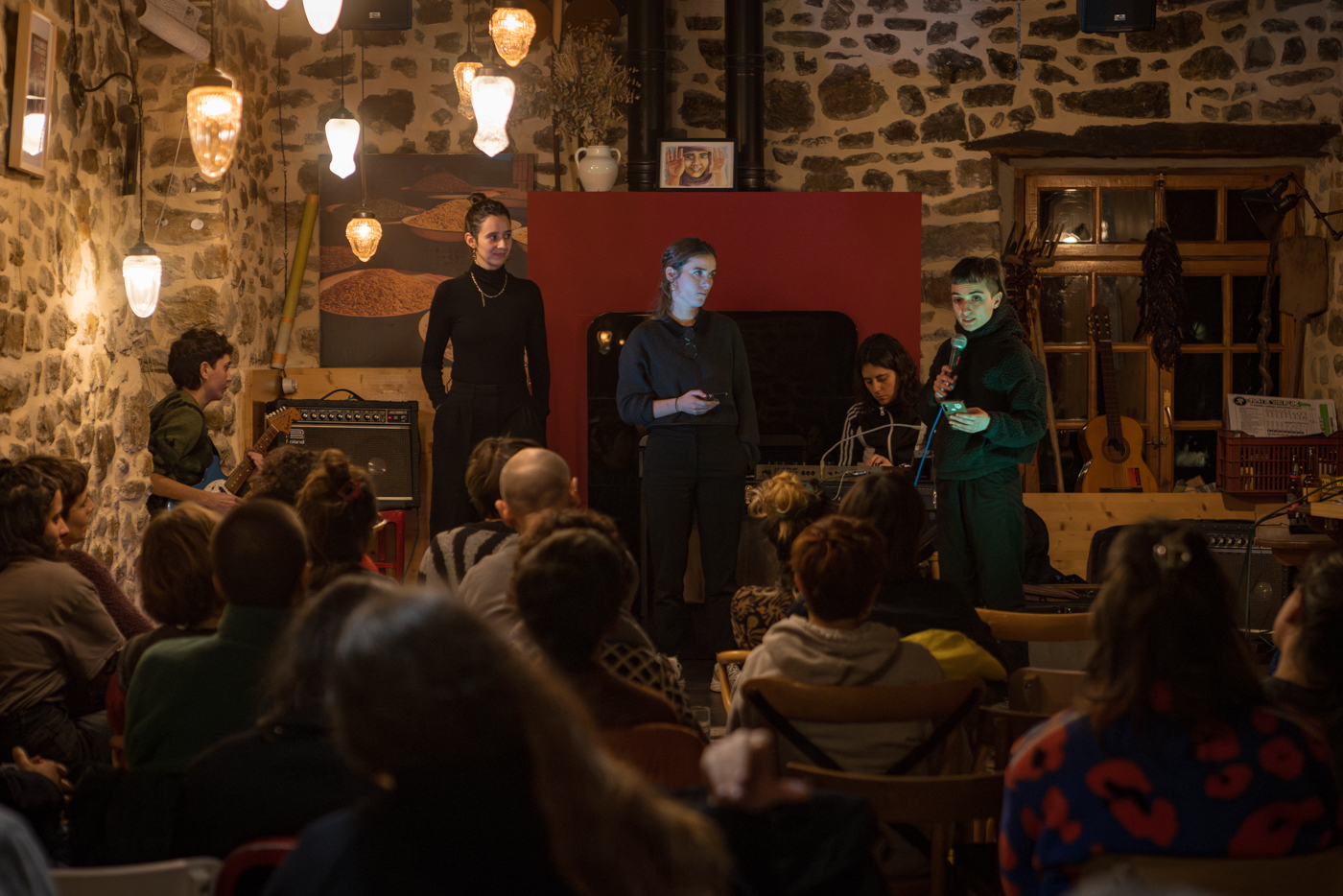'Argiantza' by Pello Lizarralde, or how cinema stopped being a paradise
- On Wednesday, Pello Lizarralde presented the novel Argiantza, which has the collaboration of Euskaltzaindia. The new novel he has published with the editorial Erein has as the protagonist Ramón Beitia, a manager who managed several cinemas in the early 1980s. With the changes that the film underwent in those years, the book offers a testimony of a declining world.

The presentation of Argiantza Lizarralde took place in Donostia-San Sebastián, but the security measures to deal with the COVID-19 pandemic have forced the press explanations of the new book to continue streaming, as is already the case with most of the books being presented in recent weeks.
This has been the uniqueness of the intervention and the book has another particularity: Located in September 1982, in a specific year and in a well-defined context. It is not very common in the literature of Lizarralde, but in dates and data, as it is a writing more typical of the scenes, the environments and the indecisiveness of the Pamplona writer born in Zumarraga.
The protagonist of the novel is Ramón Beitia, who in 1982 manages several cinemas: the big screen has begun to have economic losses by then and Beitia begins its inspection work. Then he will have to explain the harsh situation to the young boss who has taken ownership of the business he received from his father. Lizarralde has spun the story that goes on in a few days in this 88 page novel, in which the halls of the towns and the people who worked there appear, drawn in such a characteristic style of the writer.
The big screen that broke the video
Lizarralde has explained that he has always admired people who have been able to explain the causes of the event immediately after something happened, and those who have spent a lot of their life researching the past. “I’ve always been lacking the ability to do this kind of analysis,” the writer explained.
In 1982, I knew where I lived, what I was surrounding Him. “But despite knowing where we were from, I was never able to know where we were going.” Through a memory he explains how he did not foresee, for example, the consequences that the new inventions would have in the cinema: “In the winter of 1980, a friend who bought French film magazines told me about the video. We look at each other smiling, increasing.”
Cinema is the scenography that goes through this book, while the verb that can sum up the whole novel is “lost”, played in two ways, according to the author: on the one hand there is the drift of the character that will make a six-day trip; on the other, a decadent world and everything that is losing its hand. “It’s hard to see the agony of the world around you and not to know if your footprint will remain in what comes,” explains Lizarralde.
No nostalgia
“To whom the present is made unbearable, the memories come to him,” he added, making it clear that he did not want to visit “the cemetery of nostalgia” with this book: “It would be useless to begin to beautify what has happened in those distant places. We don’t come from paradise, we won’t leave an inheritance we’re proud of.” He cited the mirages that fascinated many of his generation, the fever they lived and meanwhile some sought a place in the new regime.
“When did things start to change? The arrival of the video is a sign,” he explains. It brought a rupture, then others came and today “this precipice”, according to the writer. “So much was lost and now we have learned to live with what we have lost.”
In an interview published in 2016 by Pello Lizarralde (Elur Bustia, Erein) and in the thread of the novel, ARGIA stated that it was not very fond of writers who write very different books. They're words of a long-standing writer. In 1978 he published his first reference, the book of poems Hilargiak ikarak (Ustela series). In 2002 he published his novel Larrepetit (Erein), with which he received the Euskadi Prize for Literature.
Literary critics have often highlighted the sensations that their writing provokes in the reader. Among them, he highlighted those related to the vision in the article written by Javier Rojo about Larrepetit. This criticism ended with the following phrase: “It can be said that Lizarralde’s is also cinematographic literature.” The atmosphere of the characters of Argiantza was, therefore, palpable for a long time, in the style of the writer.
Joan Tartas (Sohüta, 1610 - date of unknown death) is not one of the most famous writers in the history of our letters and yet we discover good things in this “mendre piece” whose title, let us admit it from the beginning, is probably not the most commercial of the titles... [+]














ilbeltza-(1).jpg)





